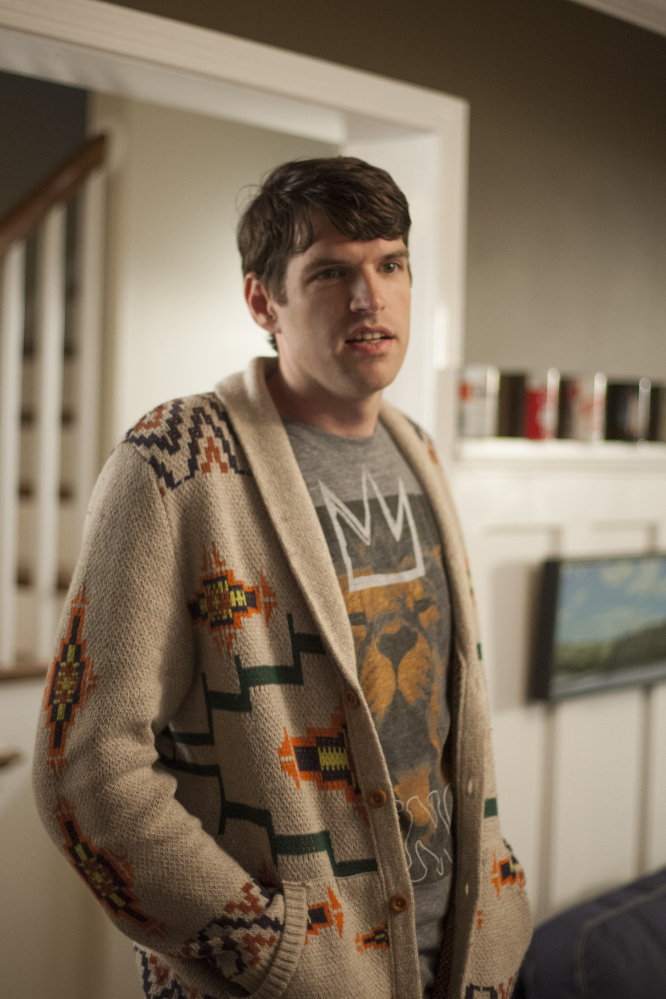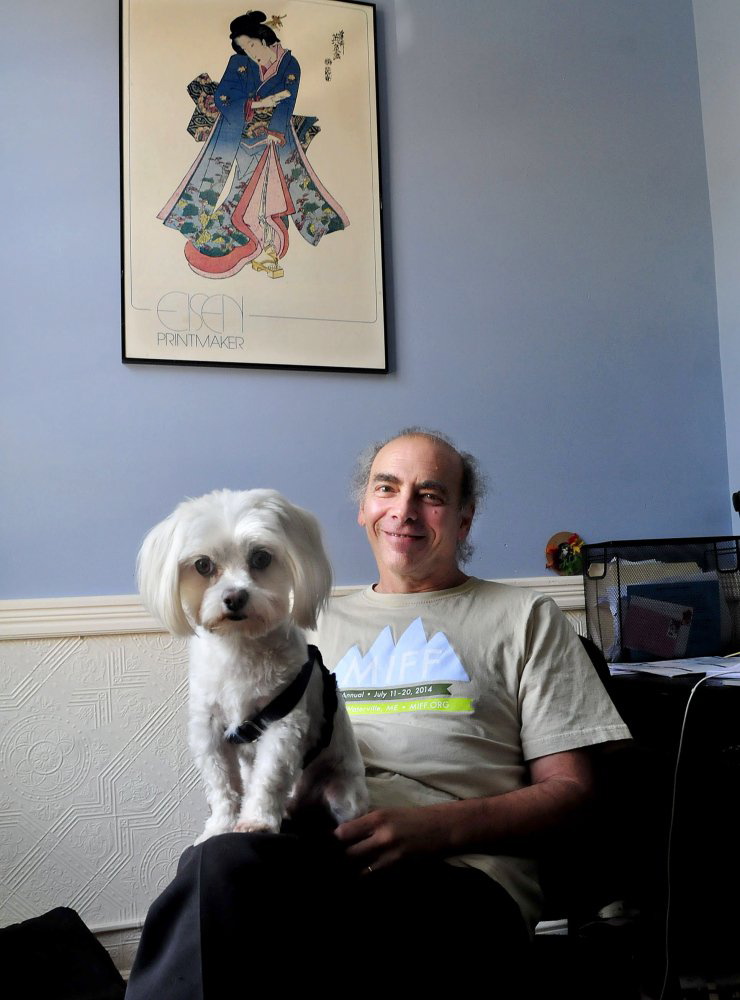A hacker group’s threats to attack theaters showing a far-fetched political comedy film that portrays North Korean leader Kim Jong-un in an unflattering light might end up helping Sony Pictures Entertainment market the film for a later release, local industry insiders say.
“I would be surprised if Sony never let it out, particularly because there’s now far more interest in the movie than there would have been without this in the first place,” said Ken Eisen, one of the founders of Railroad Square Cinema and programming director of the Maine Independent Film Festival, which is held each summer in Waterville.
“In a way, it’s great publicity for the movie if they can figure out the right way to seize that,” he added.
After months of controversy, Sony announced Wednesday it was canceling its theatrical release of “The Interview,” which stars comedy duo Seth Rogen and James Franco as journalists involved in a fictional plot to assassinate the North Korean leader.
Readfield resident Ron Simons, whose son, Tim Simons, plays the role of Malcolm in “The Interview,” said he was disappointed that the movie would not come out on Christmas Day, but he understands the reasons. Tim Simons, who grew up in Readfield, also has appeared in the hit HBO show “Veep.”
“I’m fairly positive that it will eventually end up in theaters,” Ron Simons said of “The Interview.”
Robert Rainey, an assistant professor of photography at the University of Maine at Augusta and a former vice president of creative advertising for Miramax, said the publicity surrounding the cancellation very well could help the movie if it is released in theaters or when it eventually is distributed by home video.
“Advertising in the film industry has always been by word of mouth,” he said. “That’s the No. 1 best way of marketing a film. Not to say that it was deliberate, but any kind of press like this has a dialogue within the public. People are talking about this.”
Eisen doesn’t view the movie’s cancellation as an affront to freedom of expression because Hollywood already limits expression by making production decisions based on what will make studios the most money.
“I don’t think the film was intended politically at all in the first place, and possibly only the North Koreans could have taken it seriously,” he said. “I’m not sure that the decision to have pulled it was an incorrect one in many ways. Why endanger people over a stupid Seth Rogen comedy if that’s at all a possibility?”
The film was scheduled for release Christmas Day, but Sony scrubbed those plans after several major theater chains announced they would either delay screenings or drop the film entirely out of concern for the safety of their patrons. Those announcements came after a group calling itself the Guardians of Peace hacked Sony, releasing internal emails and employee records as well as copies of several upcoming Sony films.
The group went on to warn movie patrons that it would attack theaters showing the film. Additionally, through its state-controlled news agency, the North Korean government promised in June a “merciless countermeasure” if Sony went ahead with the release.
The New York Times since then has quoted anonymous U.S. officials saying North Korea was “centrally involved” in the hacking, though North Korea has denied the claims.
After Sony’s announcement, several celebrities spoke out against the decision to cancel the release. On Twitter, Judd Apatow, who has produced several movies and television shows featuring Rogen and Franco, called theaters’ decisions not to show the movie “disgraceful.”
According to Eisen, the factors that led Sony to cancel the release probably are unique — a movie with an objectionable portrayal of an entity with the means to engage in highly complex hacking and threats and the motivation to do so, he said.
“It doesn’t strike me as a scenario that’s likely to repeat itself,” he said.
Evan Belanger — 861-9239
ebelanger@centralmaine.com
Twitter: @evanbelanger
Send questions/comments to the editors.




Comments are no longer available on this story